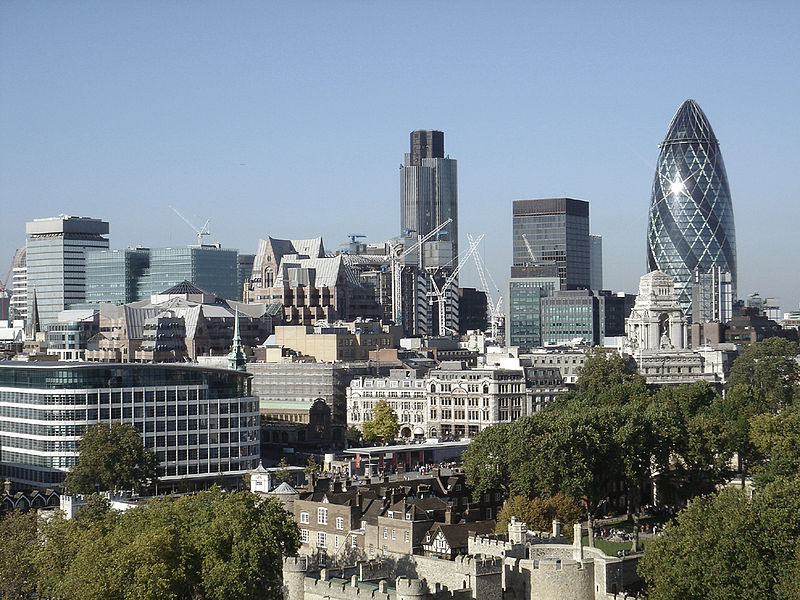
Confidence among British businesses dropped to its lowest point in two years towards the end of 2024, driven by concerns over tax following the Labour government’s inaugural budget,
according to a survey released on Wednesday.
The Institute of Chartered Accountants in England and Wales (ICAEW) reported that its business confidence index fell sharply to 0.2 in the fourth quarter, a significant decline from 14.4 in the previous quarter.
This marked the weakest reading since late 2022, when the UK was grappling with the fallout of former Prime Minister Liz Truss’s controversial mini-budget.
Similar surveys have highlighted growing pessimism in corporate circles since Chancellor Rachel Reeves unveiled the government’s budget on October 30, which introduced steep hikes in employer payroll taxes.
ICAEW noted "record levels of concern" among businesses regarding the mounting tax burden, alongside reports of weakening domestic demand.
“Our findings indicate that the UK economy faced a challenging conclusion to 2024, with declining domestic activity and the adverse effects of a tough budget causing a sharp drop in business sentiment,” said Suren Thiru, ICAEW’s economics director.
Despite these concerns, Reeves has maintained that her budget focuses on fostering economic growth, emphasizing that increased public spending and investment will enhance the country’s long-term economic prospects.
However, signs of economic stagnation since the budget’s introduction have contributed to rising government borrowing costs and a weakening of the pound.
A critical issue for the Bank of England is how businesses will respond to the upcoming tax changes, set to take effect in April, as it assesses potential inflation risks.
The ICAEW survey revealed that selling price expectations fell to their lowest level since early 2022, with further declines anticipated. Meanwhile, input cost inflation reached a three-year low, though firms anticipated renewed upward pressure on costs due to budgetary impacts and global economic uncertainties.
The survey, which gathered responses from 1,000 chartered accountants, was conducted between October 14 and December 13.


































